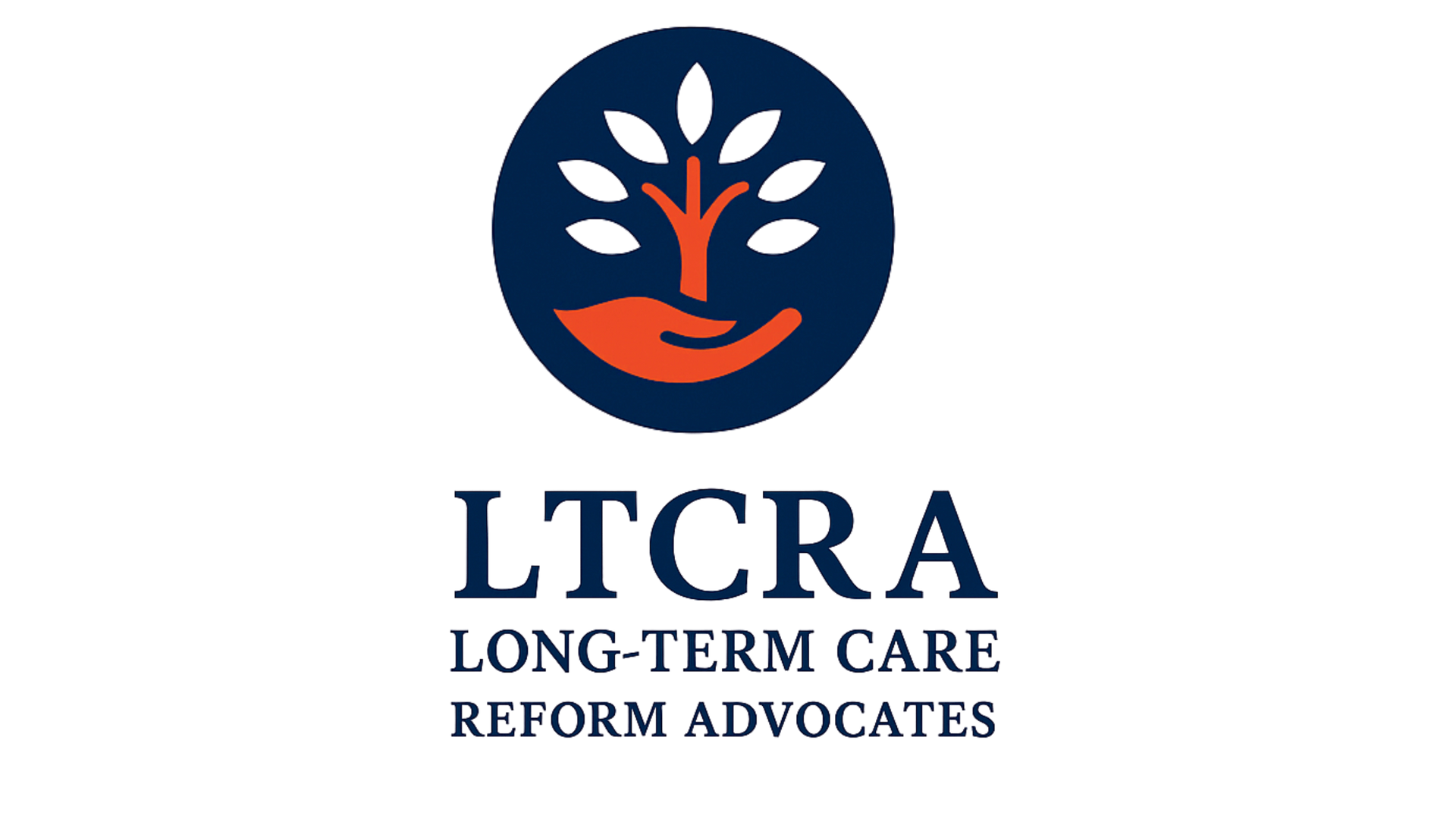NURSING HOME NEGLECT
What Is Nursing Home Neglect?
Nursing home neglect, or neglect in nursing homes, is a serious form of elder mistreatment. It occurs when staff or the facility fails to provide necessary care, such as feeding, hygiene, medication, mobility assistance, or medical treatment, resulting in physical or emotional harm to residents.
Neglect is among the most common forms of nursing home abuse, and may include dehydrated or malnourished residents, untreated pressure ulcers, unsanitary living conditions, medication errors, and emotional isolation.
How Prevalent Is Neglect in Nursing Homes?
Globally and in institutions like nursing homes, about 64.2% of staff reported committing some form of elder abuse in the past year, including neglect, emotional, or physical abuse Ballard Brief.
In institutional settings:
- Psychological abuse affected nearly 33% of residents,
- Physical abuse about 14%,
- Neglect approximately 11.6%, as reported by staff World Health Organization.
In the U.S., roughly 10% of nursing home residents experience some form of abuse or neglect, while estimates for broader elder abuse in nursing homes go as high as 15–16% Nursing Homes Abuse.
NHS/US data also show that only about 1 in 14 cases of nursing home abuse or neglect are reported to authorities, indicating substantial underreporting bbga.com.
In 2023, U.S. nursing homes received 94,499 health citations, of which 8.1% (7,654) involved abuse, neglect, or exploitation violations—as reported by CMS SeniorLiving.org.
Approximately 30% of abuse-related violations in nursing homes stemmed from failures to timely report suspected abuse or neglect SeniorLiving.org.
Warning Signs of Nursing Home Neglect
Look for these indicators:
- Physical signs: weight loss, dehydration, untreated bedsores, injuries, falls, poor hygiene, or distinct medication errors.
- Behavioral/emotional signs: social withdrawal, depression, fearfulness, or an unusual change in mood.
- Environmental clues: unsanitary living conditions or resident isolation.
- Administrative failures: unresolved grievances, late incident reporting, or lack of policies to prevent neglect
How to Report Nursing Home Neglect
This information is meant as education, not legal advice.
If neglect is suspected or witnessed, it's essential to act:
- Document thoroughly: collect photos, medical records, notes with dates, times, names of staff, and witness statements if possible
2. Submit complaints to appropriate authorities:
- State Department of Health
- Adult Protective Services (APS) in your state
- Local Ombudsman office
- CMS federal hotline or Eldercare Locator services
3. Use elder abuse hotlines: Eldercare Locator (1‑800‑677‑1116), National Center on Elder Abuse hotline (1‑855‑500‑3537) .
4. Anonymous reporting: Most states allow complaints without revealing the reporter’s identity and grant immunity for good‑faith reports.
5. Follow up: Reporters can check on the investigation progress and provide additional evidence as needed. Facilities must respond to grievances in writing, summarizing findings and corrective steps taken
